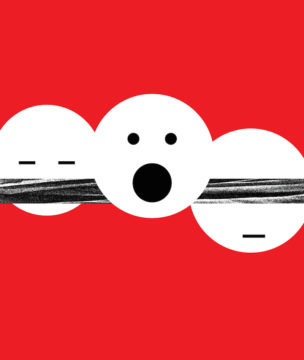Kenan Malik in Pandaemonium:
 If the great campaigners for free speech of the past, such as Baruch Spinoza or Mary Wollstonecraft or Frederick Douglass, were alive today, “they would surely declare the 21st century an unprecedented golden age”. So suggests Jacob Mchangama in his new history of free speech.
If the great campaigners for free speech of the past, such as Baruch Spinoza or Mary Wollstonecraft or Frederick Douglass, were alive today, “they would surely declare the 21st century an unprecedented golden age”. So suggests Jacob Mchangama in his new history of free speech.
It’s a claim that might raise a few eyebrows. This, after all, is an age in which, from China to Saudi Arabia, dictatorial rulers imprison and kill political opponents with impunity. An age in which governments in formally democratic nations such as India use the judicial system to try to silence critics. An age in which more than 1,400 journalists have been murdered in 30 years. An age in which governments across the globe desperately seek ways of curbing speech on social media they consider dangerous. And in which, in the west, there is a constant debate about “cancel culture” and the erosion of academic freedom.
Mchangama, a leading campaigner for free speech, is not trying to dismiss the reality of contemporary censorship. He is suggesting, rather, that in historical terms, we have never been more free to speak our minds. But this leads to a paradox. The very fact that, certainly in the west, we live in far more open societies has led many to be sanguine and dismissive of the threat that restrictions on speech can impose upon us. The very success of historical struggles can obscure the lessons of those struggles.
More here.
